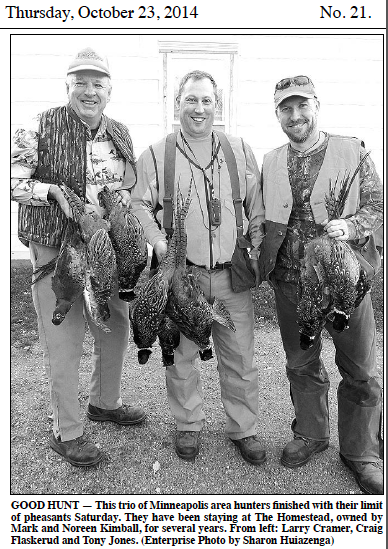OK, this is the final part of what was meant to be a brief tangent. But Jimmy brings up an important caveat in his comment below. My not-so-hypothetical situation of a troubled teen in the school counselor’s office was sanitized of the real-life complications of power. Being a trained social worker, and a special ed. teacher, Jimmy knows the power dynamics at work in a situation like this. It should come as no surprise that the pediatrician will come out on top in this hierarchy; not only does she have the most schooling, but physicians — and the scientific reasoning they employ — are highly regarded in our society. In contrast, social workers, psychologists, and youth pastors are often seen as dealing in data that is “soft,” over against the “hard” scientific data of a physician.
However, the postmodern, hermeneutic turn has done a great service, for it has leveled the playing field. Even the “hardest” scientific data is rife with agendas and money from pharmaceutical companies. In other words, no one is capable of delivering a straight, objective account of what’s going on with this boy.
There’s been lots of good work done by postmodern theoreticians about power dynamics. The most famous theorist of power is Michel Foucault; I think that Pierre Bourdieu also deserves serious consideration. Both attempt to deal honestly with power dynamics at play whenever human beings are attempting to negotiate a situation, and both are downright pessimistic about the possibilities of getting through power to the other side. Of course, they’re both lacking the Christian hope that God might have a hand in this negotiation…











